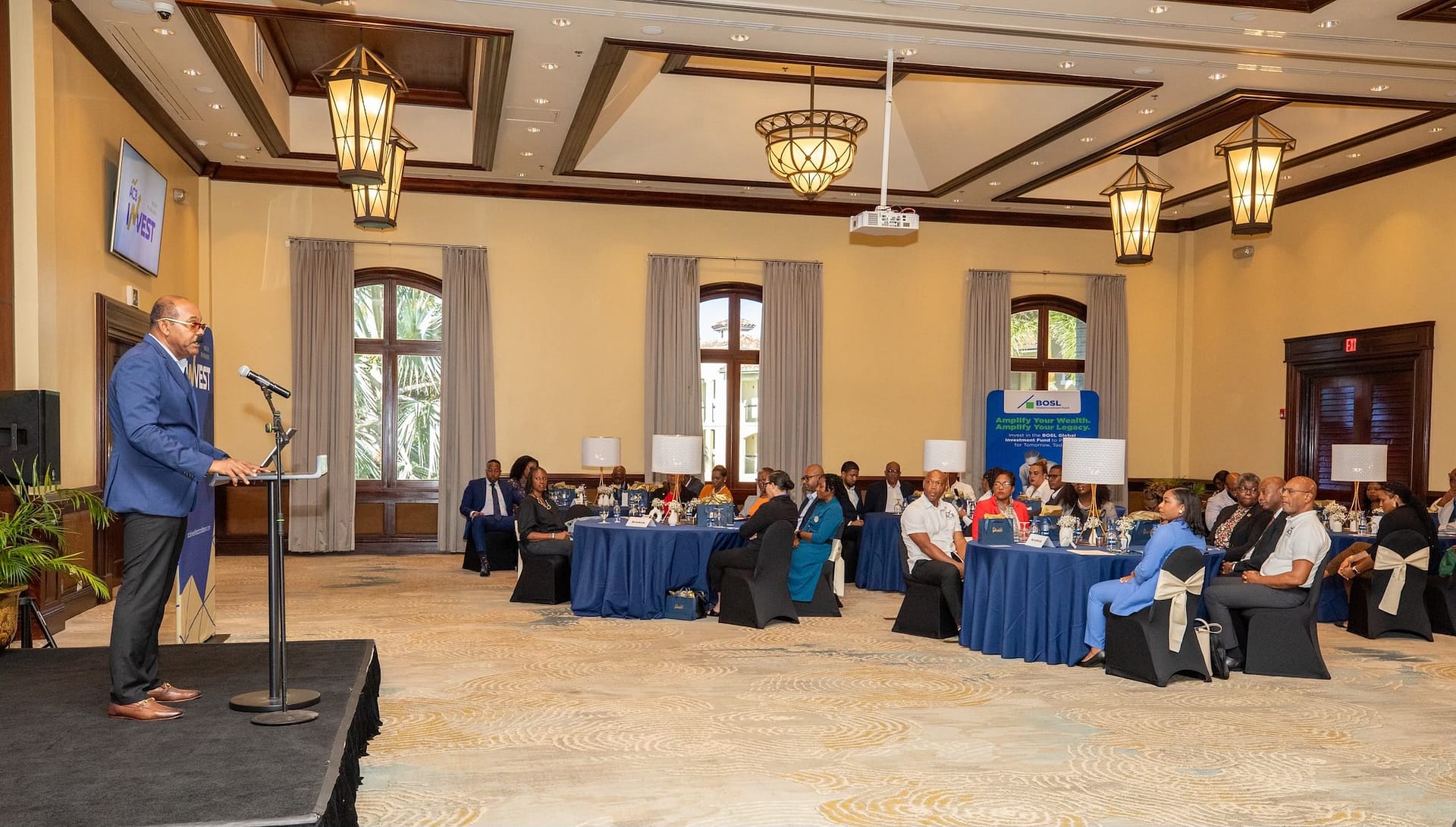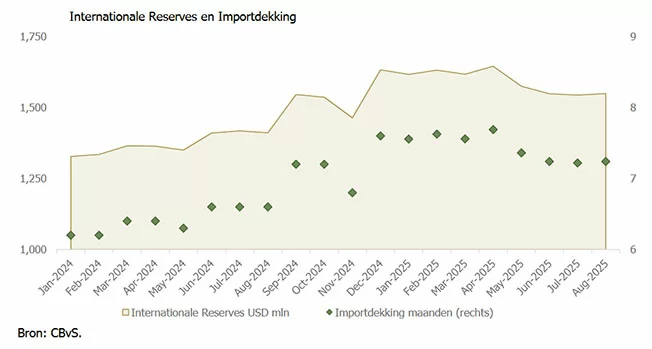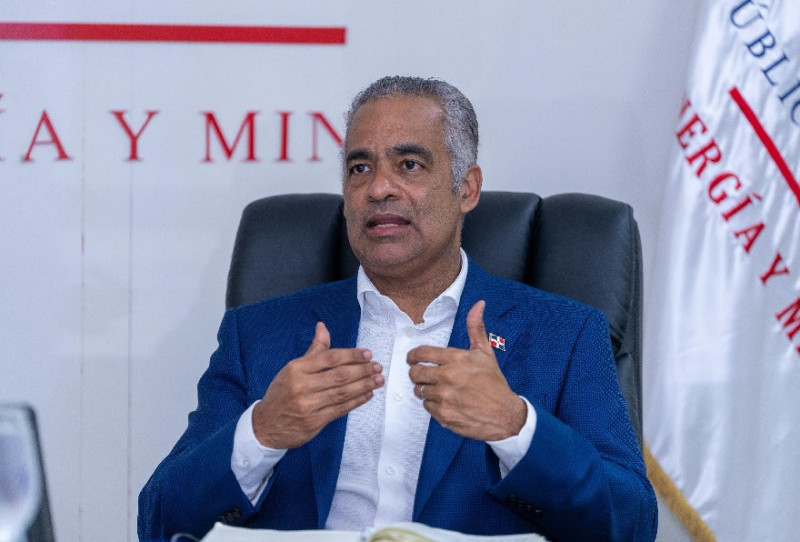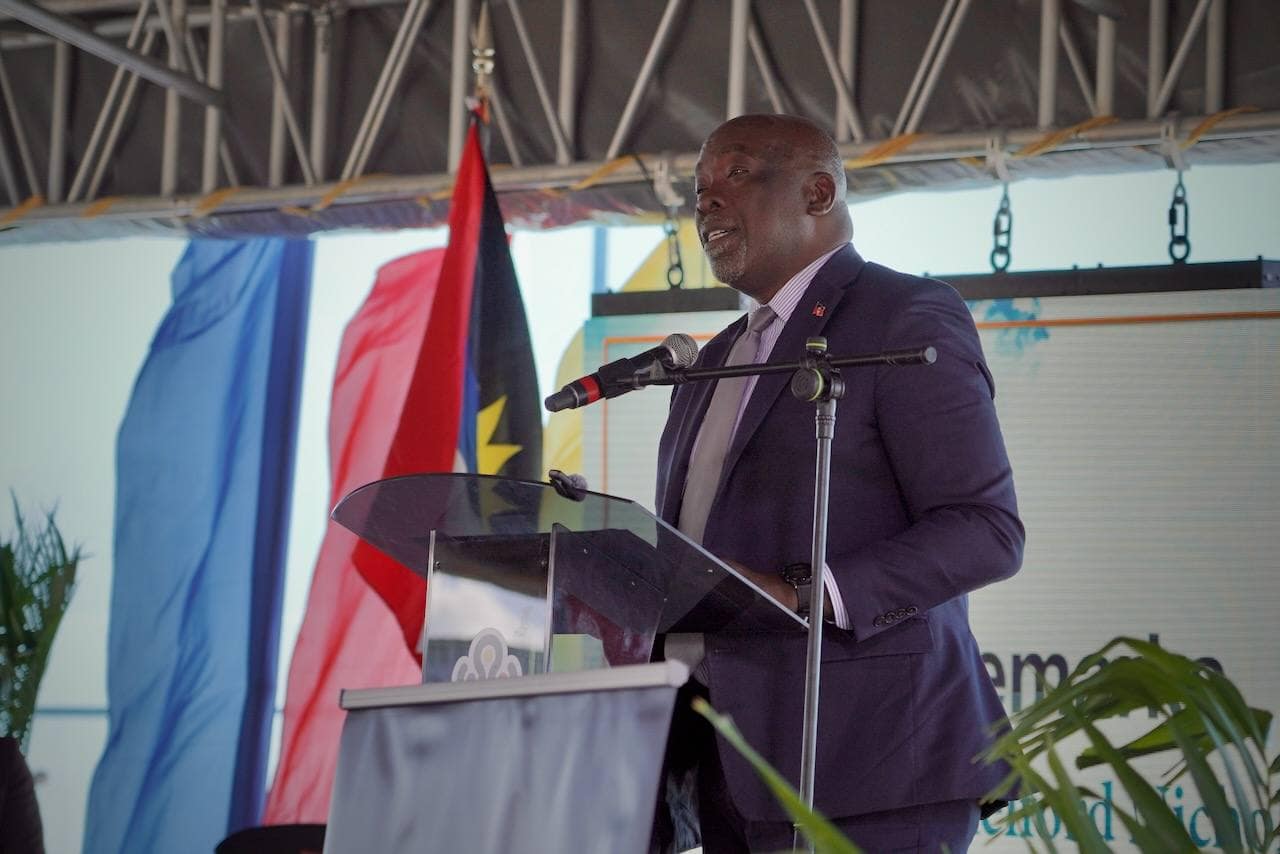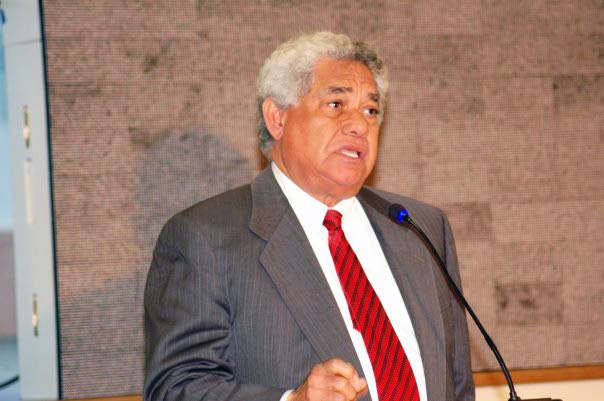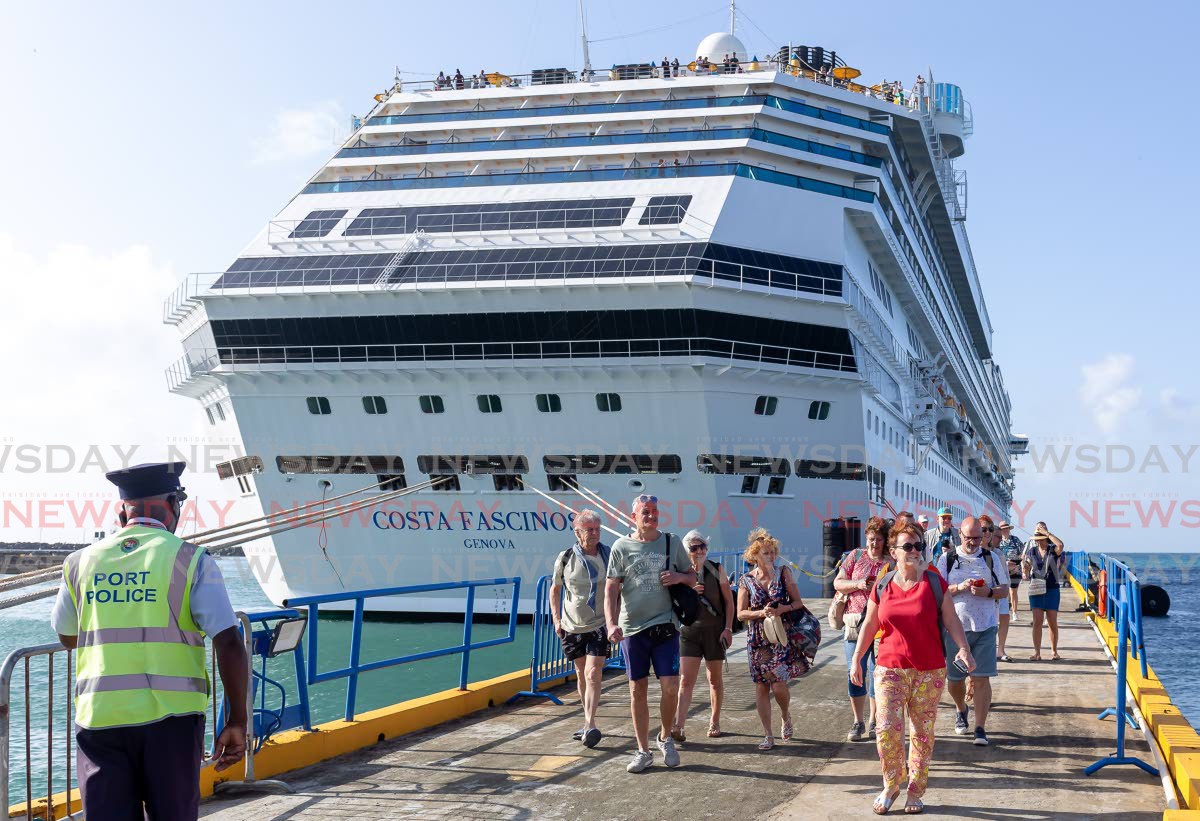Prime Minister Gaston Browne has articulated a transformative vision for wealth management, positioning it not as an exclusive service for affluent individuals but as a critical tool for national economic empowerment. Speaking at the launch of a strategic financial initiative, Browne emphasized that true financial planning enables ordinary citizens to protect earnings, build economic security, and develop resilience against unforeseen economic disruptions.
The Prime Minister challenged conventional perceptions by framing personal financial decisions as fundamental contributions to national progress. He argued that when citizens transition from passive observers to active participants in economic growth through informed investing, they simultaneously strengthen both individual prosperity and collective national development.
A central theme of Browne’s address focused on intergenerational responsibility. He asserted that authentic national advancement requires current generations to build sustainable systems that provide future citizens with opportunities rather than burdens. The Prime Minister characterized strategic investments—whether in financial markets, entrepreneurial endeavors, or personal assets—as essential components of a long-term vision for enduring family legacies marked by stability and prosperity.
Browne specifically endorsed the ACB Invest Programme, developed by Antigua Commercial Bank, as a strategic alignment with government efforts to broaden economic participation. He expressed confidence that this initiative would enable more citizens to transform savings into investments, convert investments into sustainable growth, and ultimately translate that growth into widely shared prosperity across Antigua and Barbuda.
